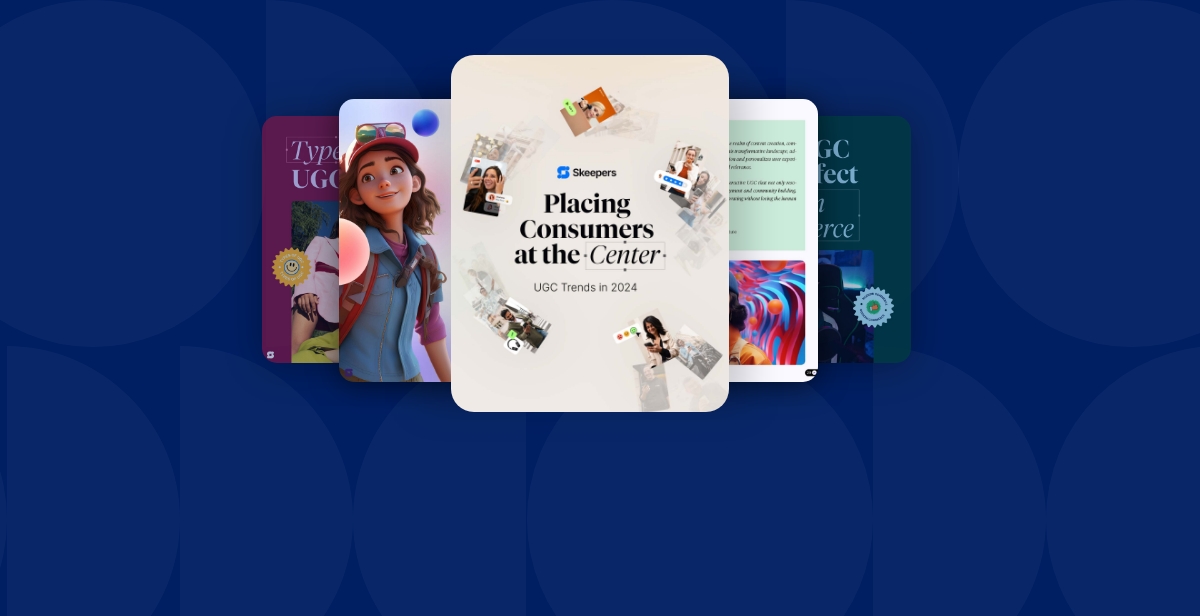For good reason, businesses are increasingly investing more time, resources, and money into content marketing than they are in traditional display advertising. Whereas traditional online advertising interrupts customers as they browse the internet, content marketing delivers the tailored content people are looking for at exactly the right time they are looking for it. Among its...
For good reason, businesses are increasingly investing more time, resources, and money into content marketing than they are in traditional display advertising.
Whereas traditional online advertising interrupts customers as they browse the internet, content marketing delivers the tailored content people are looking for at exactly the right time they are looking for it. Among its benefits, content marketing:
- Has a well-defined purpose.
- Answers specific questions about your product or service.
- Informs and educates.
- Reinforces your brand image.
- Can come in numerous forms: videos, blogs, infographics, etc.
Perhaps the greatest benefit of content marketing is that it enables you to communicate with your customers and prospects without having to make a formal sales pitch. Because it is a form of non-interruption marketing, the focus is not on pitching your products or services, but on delivering consistent and valuable information that makes your customers more intelligent. And the better informed your customers are, the more likely they are to do business with you.
Research shows that content marketing works:
- 72% of marketers say branded content is more effective than magazine ads and 69% say it’s superior to direct mail offers.
- It generates three times as many leads as traditional marketing, and it costs 62% less.
- 61% of buying decisions are now based on custom content.
Yet, despite these overwhelmingly positive statistics, there is just as much evidence to demonstrate that, more often than not, these initiatives fail for one simple reason.
Marketers don’t know who their customers really are and what it is they actually want.
Lack of Customer Insights = Marketing Failure
Customer outreach is a key ingredient to a successful content marketing strategy. However, it is also the ingredient most often missing.
One of the biggest challenges to creating effective content marketing is having enough information at your disposal that you are able to glean crucial insights into your customers: who they are, what they value, what their changing needs are, and which segment they most closely align with. But the lack of these insights is the reason why 60% – 70% of all content is ignored. It is the reason why 74% of consumers feel frustrated by irrelevant online offers, ads, and promotions which have nothing to do with their interests.
Nothing says you are out of touch with your customers like an irrelevant marketing campaign. Without research into your customers, you will no doubt create a campaign that places your reputation at risk, sending customers the message that:
- You don’t understand their goals, what they want to accomplish, and how they want you to help them.
- You are indifferent to their concerns and hesitations about your product or service and their need for more information before making a decision to do business with you.
- You don’t really care about their mindsets, what they expect from you in terms of price, quality, and service.
If your communications don’t match your customers’ preferences, needs, or interests, you will alienate them, giving them no reason to reward you with their business. In fact, as one recent study shows, the consequence of designing and delivering irrelevant marketing messages can be devastating:
- 57% of customers will go out of their way to avoid you.
- 70% will close an account with you.
- 66% will unfollow you on social media.
- 59% will opt out of your email communications.
- 54% will delete your app.
The message is clear: if you are unable to engage your customers, they will not think twice before turning their back on you.
Customer Feedback: The One Tool You Need to Create Effective Content
So even though many businesses have successfully adopted a content marketing strategy, too often these strategies fail, the result of not taking into consideration customers’ perspectives when creating content or when analyzing that content’s effectiveness.
And there’s no question: customers do want you to take their needs into consideration. As Accenture recently discovered, nearly half of all consumers appreciate personalized communication, and are willing to share relevant personal data and insights to receive it. You just need to ask.
Gathering regular, real-time feedback is a critical step in the creation of meaningful content marketing. Without insights into who your customers really are – what motivates them, what they need, and what they expect – you will be shooting in the dark, marketing to hypothetical customers whose personas may, in fact, not reflect reality.
Engaging in the regular collection of customer feedback will provide invaluable insights into whom you should be targeting and what content they will actually find most meaningful. Ultimately, the more your communications resonate on an individual level, the more successful your efforts will be.







